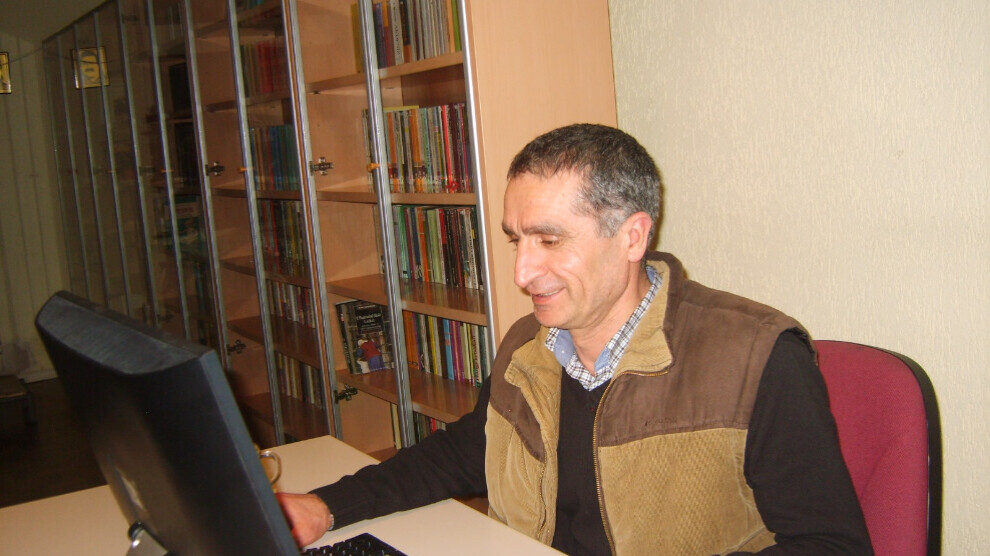A Dutch court ordered the arrest and extradition of Kurdish journalist Serdar Karakoç to Germany on Wednesday, the ANF news website reported.
Karakoç, 64, was arrested at his home in the Netherlands on May 23 at the request of Germany. He was provisionally released on bail of 5,000 euros on June 14, with restrictions including the confiscation of his passport, a travel ban and a requirement to sign in at the police station weekly.
German authorities are accusing Karakoç under Law 129b of alleged membership in the Kurdistan Workers’ Party (PKK), which is designated as a terrorist organization by Turkey and its Western allies. The court rejected all objections made by Karakoç’s lawyers, leading to the decision for his extradition.
I just went to the verdict hearing of Kurdish journalist Serdar Karakoç in Amsterdam: Germany asked for his extradition. The court decided to allow it. At the previous hearing, in July, the judge told Karakoç to take a packed bag just in case. BUT! Karakoç didn't show up at all!
— Frederike Geerdink (@fgeerdink) August 7, 2024
Karakoç, an Alevi Kurd born in Turkey’s eastern Tunceli province in 1960, has a long history in journalism. He started working in the Kurdish press in the 1980s and led the İzmir office of the Özgür Gündem newspaper in the early ’90s. After the newspaper was banned in Turkey, he continued his work in İstanbul. In 1994, he survived a bombing of the Özgür Ülke newspaper offices.
Fleeing persecution, Karakoç left Turkey in 2001 and has lived in the Netherlands as a recognized refugee. His arrest in May has drawn significant criticism from various journalists, politicians and human rights activists who argue that his extradition is part of a broader effort to criminalize Kurdish dissidents abroad.
Karakoç’s lawyer in Germany, Yener Sözen, has accused the German government of attempting to criminalize Kurdish dissidents and pursuing a policy of cracking on Kurds living in Europe. German authorities have charged Karakoç with acting as the PKK executive responsible for several German regions between May 2017 and 2018.
The court’s decision on Wednesday is not final, as Karakoç retains the right to appeal.



